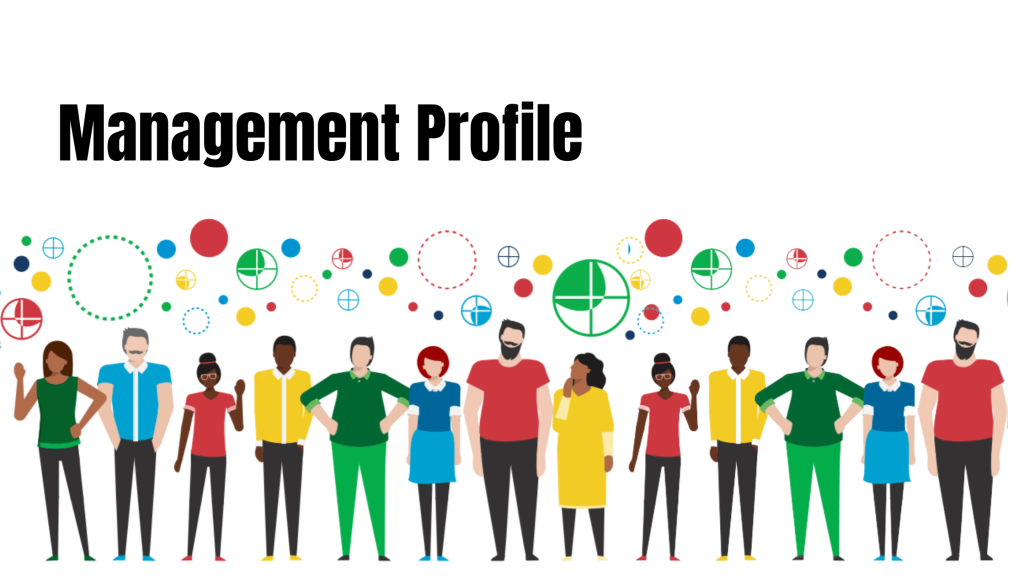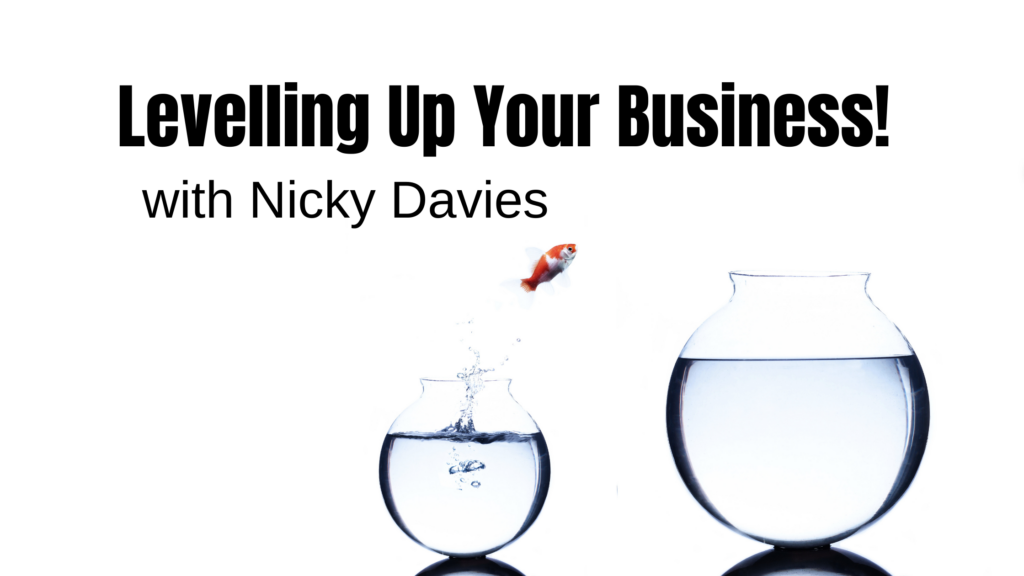
People view conflict negatively. It is seen as problematic and builds tension within the workplace. People try to avoid conflict as much as possible, however, we have learnt that conflict is inevitable and it is not always destructive, it can be productive.
But why is conflict unavoidable?
Because people are different, they have different ideas, different viewpoints, and different ways of doing things. It is important to have a variety of different working styles within your team and build a strong group culture (see last month’s blog: We Are Better Together – The Group Culture Report). And while it is unavoidable, how you deal with it can have a huge impact on your organisation.
Destructive VS Productive Tendencies
It is necessary to find a balance between variety and conflict and ensure that destructive tendencies like:
- Insensitivity
- Shutting down
- Impulsiveness
- Personal Attacks
- Isolation
- Stubbornness
Are avoided and replaced by productive ones:
- Flexibility
- Focusing on facts
- Empathy
- Being straightforward
- Tactful communication
- Reassurance
In October our DISClive sessions have been focused on conflict in the workplace and at DISCsimple we believe that no matter what style you are, addressing the how and why of conflict between team members before it happens is key. You will not be able to do a Productive Conflict DISC profile during conflict as this will add more fuel to the fire and make things worse. Conflict must be handled carefully and the best outcome is that any conflict does not have destructive outcomes. This means that your team need to be self-aware as well as understand those who they work with. People need to take responsibility for their part in every interaction.
Your Automatic Thoughts
As part of avoiding destructive conflict, you need to understand why you react and respond the way that you do. Conflict triggers an automatic thought in people, no matter what has been said or done, you will have your instinctive reaction which can trigger a destructive response. These can include:
- Starting an argument
- Immediately giving in to what the other person wants
- Over exaggeration
- Finger pointing and avoiding any blame or responsibility
- Passive aggression
- Sabotage
What the productive conflict profile does is help you recognise what may be your automatic thoughts and kneejerk reactions and help you to change your behaviour and respond to conflict in a productive manner. Step back from your automatic thought and the emotions that you feel and reframe your response in a way that allows you to move forward more productively. This will help you avoid any unnecessary drama and maintains a harmonious work environment.
Reaction VS Response
Despite being used synonymously there is a difference between a reaction and a response.
A Reaction:
“A reaction is instinctive. It’s driven by the beliefs, biases, and prejudices of the unconscious mind. When you say or do something ‘without thinking’…”
A Response:
“A response on the other hand usually comes more slowly. It’s based on information from both the conscious mind and the unconscious mind. A response will be more ‘ecological’, meaning that it takes in the wellbeing of not only you but those around you.”
Reactions are immediate and can be things we regret later, whereas a response is something we choose to make that reflects on all the information at hand. It is important to take your time before responding. Reflect on the situation, take a step back and reframe your reaction.
Responding, not reacting, is a better way forward and allows you to change your workplace conflict from destructive to productive.
If you feel your team might need some help with a difficult situation, don’t hesitate to contact Suzi or Sarah for a no-obligation free chat and see how the DISC Theory can help you improve your relationships, transform your teamwork, power up your productivity, and clarify your communication.
This blog was written by the immensely talented Joe (blogs) Quintana. Connect with him on LinkedIn
Keeping things simple in a complicated world.
To learn more about the DISC tool and how you can learn to identify different DISC styles. Come along to one of our free lunchtime sessions. They are full of powerful insight into the world of Everything DiSC® (part of the Wiley group) and in just 30 minutes you will learn something! We run a learning session every Monday.
If you are a people development expert, independent consultant or coach and would like to benefit from a like-minded and supportive network of people get in touch at discover@discsimple.com to find out how you can become a partner.

What Sort of Customer Are You? (And Why It Matters)
I was talking to Sarah Owen of DISCsimple the other day about customers and we got onto a really interesting point: “Do customers actually know themselves?”
Not in the deep philosophical sense, but in how they behave as buyers. How they like to be served. What makes them switch off or switch loyalty.

Meet the Styles: A Practical Guide to DISC Personality Types at Work
In this blog, we’ll introduce you to the four DISC styles you’ll meet in most workplaces and help you understand how to work with them, lead them, and honour them in yourself.

DISC Style Spotting on Social – How to Read Personalities Online and Build Powerful Connections
Ever felt like you can see someone’s personality through their posts?
The colour of their clothes. The tone of their captions. The vibe of their message.
You’re not imagining it — you’re witnessing DISC in action.

How to Stop the Great Resignation
The Great Resignation is a major problem for organizations. But it’s possible that focusing on the manager/employee relationship, and ensuring each manager has the skills they need to adapt their approach to each of their direct reports, could have a massive impact on retention, engagement, and ultimately performance.

Agile EQ on Catalyst (Brochure)
Emotional intelligence (what we call EQ) is about having the agility to read the emotional and interpersonal needs of a situation and respond accordingly. In other words, EQ allows you to adapt to any situation, so you can reach for the most effective response to whatever challenge you’re facing.

Management Profile
01558 821 123 discover@discsimple.comKeeping things simple in a complicated world. To learn more about the DISC tool and how you can learn to identify different DISC styles. Come along to one of our free lunchtime sessions. They are full of powerful insight into the...

The ONLY Free Live show dedicated to Behaviour in the Workplace!
We have created the DISClive Show a free live show that concentrates on adopting the knowledge of DISC into everyday life. At DISCsimple, we love people and their relationships!

Conflict at Christmas
You may end up spending Christmas with someone you didn’t choose, an in-law that you don’t see eye to eye with or maybe your sibling’s new partner isn’t quite your cup of tea. It is important to understand how your style approaches conflict and how someone who is a different style might react.

DISCsimple has been voted in!
We are proud to announce that the HR department of the Conservative Party has made all their employees get a DISC profile. Our mission for everyone to get a DISC profile has taken a huge leap forward and we are excited that we are finally being recognised in the Government.

Levelling Up Your Business!
For 3 weeks last month, DISClive Pro was taken over by the wonderful Nicky Davies who shared some amazing tips and ‘how tos’ in levelling up your business. She provided sensible, simple and practical advice that can be applied to all levels of business in a way that was easy to follow and succinct.

You Can’t Motivate Anyone!
You can no more motivate someone to do anything anymore than you can change the colour of the sky and whatever your work environment is, YOU will not be able to motivate anyone into working harder or more productively.

Recent Comments